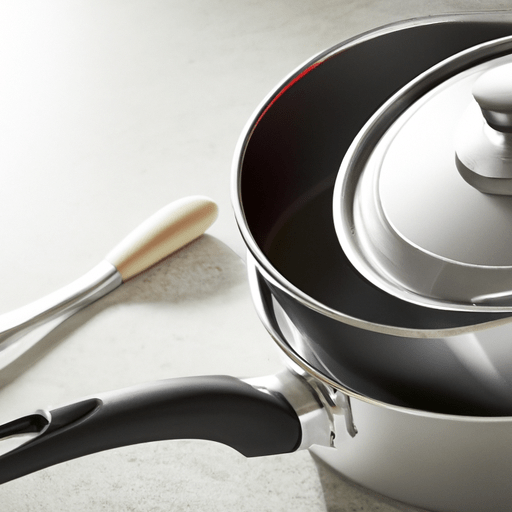If you are a passionate home cook or an aspiring chef, then you know the importance of having high-quality cookware. And that’s where Calphalon comes in. Calphalon cookware is known for its exceptional performance, durability, and innovative designs. Whether you’re a beginner or a seasoned pro, taking care of your Calphalon pots and pans is essential to ensure their longevity and maintain their non-stick properties. In this comprehensive guide, we will answer all your questions about Calphalon cookware care, from cleaning and seasoning to storing and using it on different types of stovetops. So, let’s dive in and discover how to keep your Calphalon cookware in pristine condition for years to come.
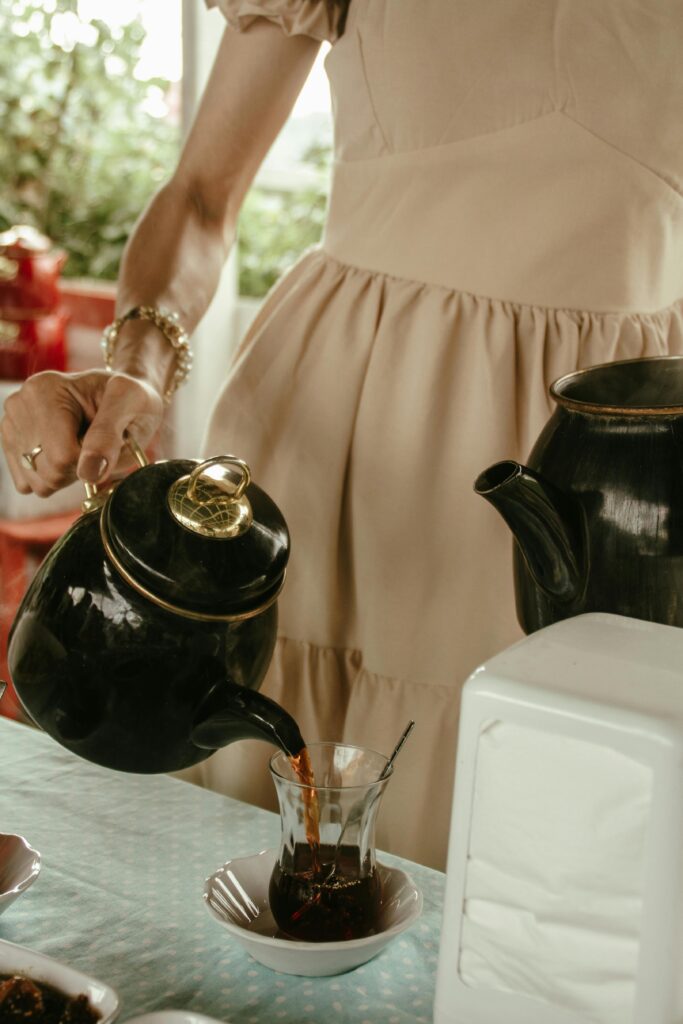
This image is property of images.pexels.com.
What is Calphalon cookware?
Calphalon cookware is a popular brand known for its high-quality and durable kitchen products. It offers a wide range of pots, pans, and other cooking utensils that are designed to make cooking easier and more enjoyable. Calphalon cookware is widely used by both home cooks and professional chefs due to its reliability and performance.
Is Calphalon cookware safe to use?
Yes, Calphalon cookware is safe to use. It is made from high-quality materials that are free from harmful toxins and chemicals. Calphalon takes great care in ensuring that their products meet rigorous safety standards and regulations. However, it is always important to follow the manufacturer’s instructions and guidelines for proper use and care of your cookware to ensure safety.
How is Calphalon different from other cookware brands?
One of the main differences between Calphalon and other cookware brands is the materials used in their products. Calphalon offers a variety of cookware lines, including stainless steel, non-stick, and hard-anodized aluminum. These different materials provide unique benefits and cooking experiences.
Another difference is the attention to detail and craftsmanship that goes into every Calphalon product. Each piece of cookware is designed with the user in mind, from the ergonomic handles for comfortable grip to the even heat distribution for optimal cooking results. Calphalon also offers a wide range of sizes and styles to suit different cooking needs and preferences.
What materials are Calphalon pots and pans made from?
Calphalon pots and pans are made from a variety of materials, depending on the specific line of cookware. Some popular materials used by Calphalon include:
-
Stainless Steel: Calphalon stainless steel cookware is known for its durability and resistance to corrosion. It is a popular choice for many home cooks and professional chefs due to its versatility and ability to evenly distribute heat.
-
Hard-Anodized Aluminum: Calphalon hard-anodized cookware is made from aluminum that has undergone a special process to create a hard, non-reactive surface. This material is known for its excellent heat conduction and durability.
-
Non-Stick Coating: Some Calphalon cookware features a non-stick coating, which is typically made from materials like PTFE or ceramic. This coating allows for easy food release and quick cleanup.
It is important to note that not all Calphalon cookware is suitable for all cooking methods or heat sources. It is always best to refer to the manufacturer’s instructions to ensure proper usage.
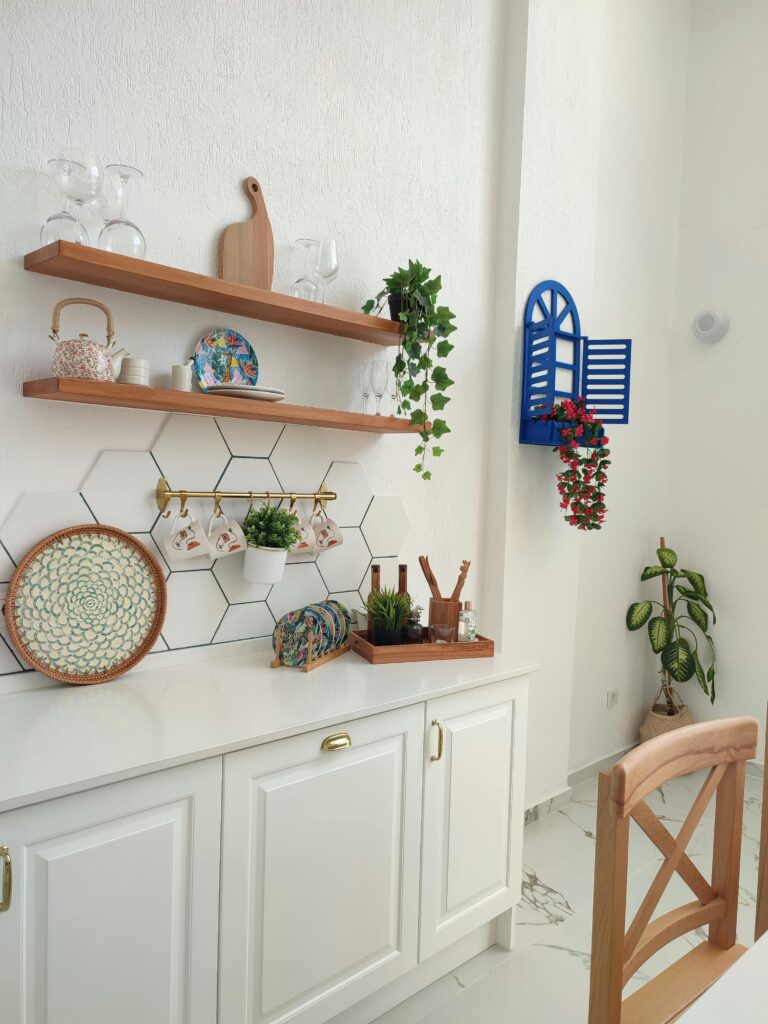
This image is property of images.pexels.com.
Is Calphalon non-stick?
Yes, Calphalon offers a range of non-stick cookware. Non-stick cookware has a special coating applied to the cooking surface, which prevents food from sticking and makes cleanup easier. Calphalon’s non-stick cookware is designed to provide excellent food release and durability.
How do I clean Calphalon non-stick cookware?
Cleaning Calphalon non-stick cookware is easy and straightforward. Here are some tips to properly clean your non-stick pans:
-
Allow the cookware to cool down completely before cleaning.
-
Use warm, soapy water and a soft sponge or dishcloth to hand wash the pans. Avoid using abrasive cleaners or scouring pads, as they can damage the non-stick coating.
-
For stubborn food residue, you can soak the pan in warm, soapy water for a few minutes before scrubbing gently with a non-abrasive sponge or brush.
-
Rinse the pan thoroughly with warm water to remove any soap residue.
-
Dry the pan completely before storing to prevent water spots or moisture buildup.
It is important to avoid using metal utensils or sharp objects on non-stick pans, as they can scratch or damage the coating. This can lead to reduced non-stick performance over time.
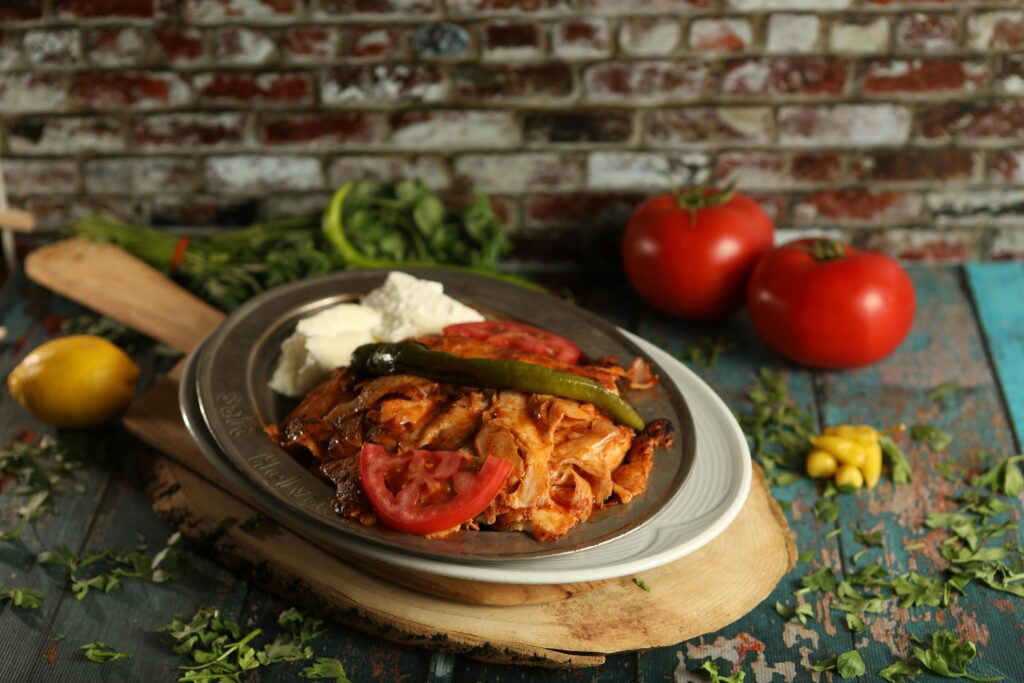
This image is property of images.pexels.com.
Can I use metal utensils with Calphalon non-stick cookware?
It is generally not recommended to use metal utensils with Calphalon non-stick cookware. Metal utensils, such as spatulas or forks, can scratch or damage the non-stick coating, leading to reduced performance. It is best to use utensils made from silicone, nylon, or wood, as they are less likely to cause damage.
Are Calphalon pans oven-safe?
Many Calphalon pans are oven-safe, but it depends on the specific line of cookware and the materials used. It is important to refer to the manufacturer’s instructions or check the packaging for the oven-safe temperature limits for each piece of cookware.
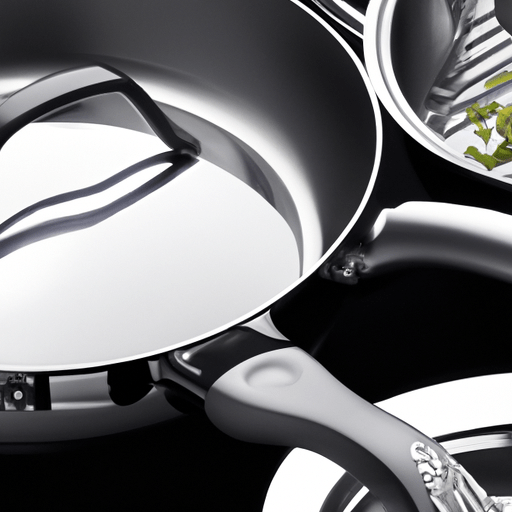
What is the recommended oven temperature for Calphalon cookware?
The recommended oven temperature for Calphalon cookware may vary depending on the specific line and materials used. It is best to refer to the manufacturer’s instructions or check the packaging for the recommended oven temperature limits for each piece of cookware.
Can I use Calphalon cookware on a smooth-top electric range?
Yes, Calphalon cookware is generally safe to use on a smooth-top electric range. However, it is important to keep in mind that some materials, such as stainless steel, may take longer to heat up compared to other types of cookware. It is best to follow the manufacturer’s instructions and guidelines for proper usage on a smooth-top electric range.

